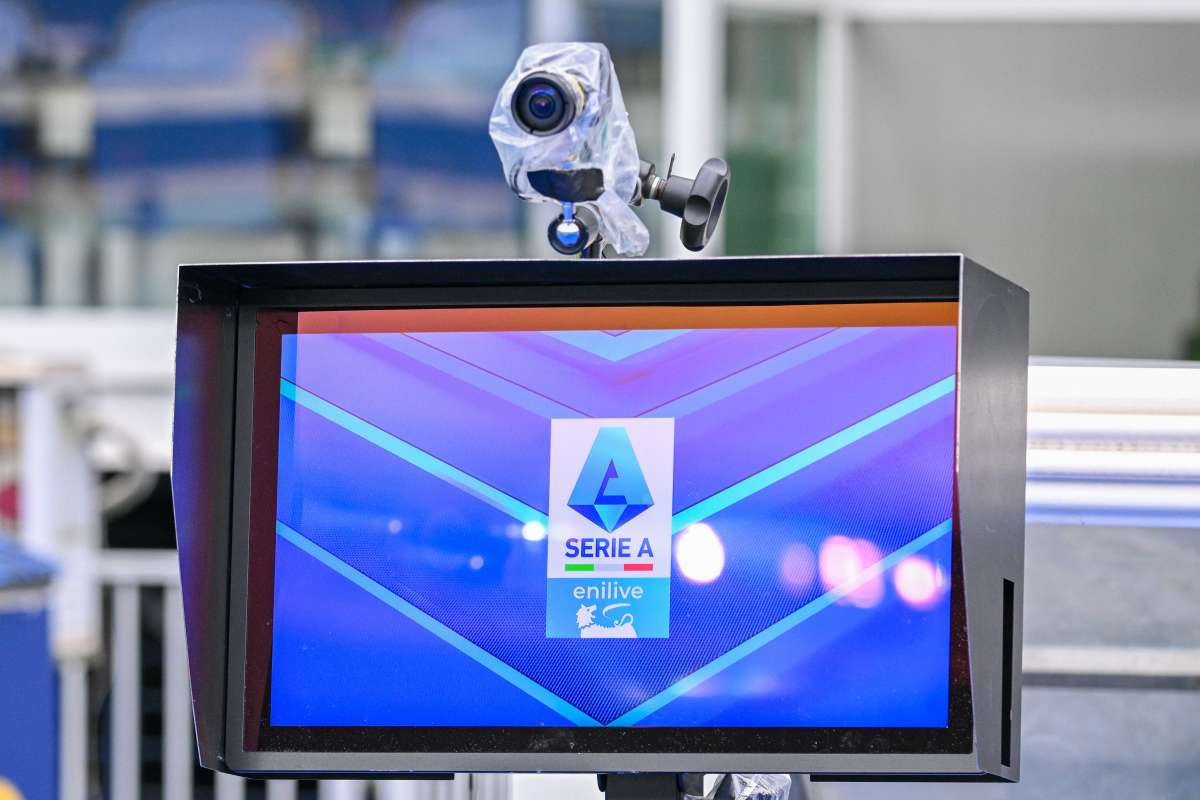ROME (ITALPRESS) – “On Saturday we obtained a great consensus on what is an evolutionary proposal for our world. We want to go in a direction of strengthening and centralizing technical excellence. We need to free ourselves from some political interference that has created internal problems for us in recent times. Within a short time, it is my firm intention to establish a technical directorate that will minimize the problems that have plagued the refereeing class.” Thus Antonio Zappi, newly appointed president of the Italian Referees Association (Aia), host of ‘Radio Anch’io Sport’ on Rai Radio 1, on the program for the new term. Where to track down new potential referees is quickly said: ‘In training programs we need to start with coaching and mentoring activities,’ Zappi stressed. ‘I would like a system in which soccer feels the need to have a better referee class. We have for many years had proposals for dual membership, with the possibility for boys to play and referee. Those who have played soccer can quickly become referees. We need to open up to the world of schools. I would also like to involve national team players to entice and invite boys to be referees.” On the hypothesis of DRT Var: “Assuming that it will be the IFAB that decides when and how, I believe that DRT Var could affirm a criterion of substantial justice,” admits the new number one of the AIA. “I would like a system within which those who leave the field of play have the certainty and awareness that the decision taken is the right one. I would like a protocol evolution that goes in this direction. Var audio listening? With a view to full transparency, I would like soccer to follow the example of rugby, with the referees being able to explain decisions to everyone and prevent anyone from being able to maintain any back thoughts. Former soccer players in the Var room? As technical advisors, all insiders are useful. Including them directly in the Var room would be excessive. Career separation between on-field referees and at Var? You have to move more and more toward specialization, they are essentially different functions.” Zappi also addresses the future of the referee’s role: “I do not imagine a referee who is a mere executor of orders from the Var room. The sensitivity one has on the field of play to make the best decision must remain. I envision a system where the captain or coach can have an on field review power. Those who feel they have been wronged should imagine being able to raise their hand and say ‘referee, I feel I have been wronged,’ obviously in a limited way, where one can retain or lose the right of the call depending on the outcome of the Var on the incident, thus avoiding obstructionist perspectives. But it will be the IFAB that will tell us how to move.” On Rocchi and Orsato: “Rocchi’s quality does not need to be questioned by the new president of the Hague. He has a two-year contract, he will continue his work. He is working well, also trying to pay attention to the need for generational change. Orsato has been an important referee, whom the Hague needs. We will be sitting down shortly. He has already given his availability.” Zappi concludes on the issue of interviews with referees at the end of matches: “Those who deal with communication know very well that, in a context of stress, a word expressed badly in front of millions of people can create great confusion and can be misleading. I plan to establish a thematic channel with which to explain refereeing decisions, at the right time and in the right way. Immediately after competitions it is complicated to imagine hot interviews.”- Photo Ipa Agency -(ITALPRESS).

